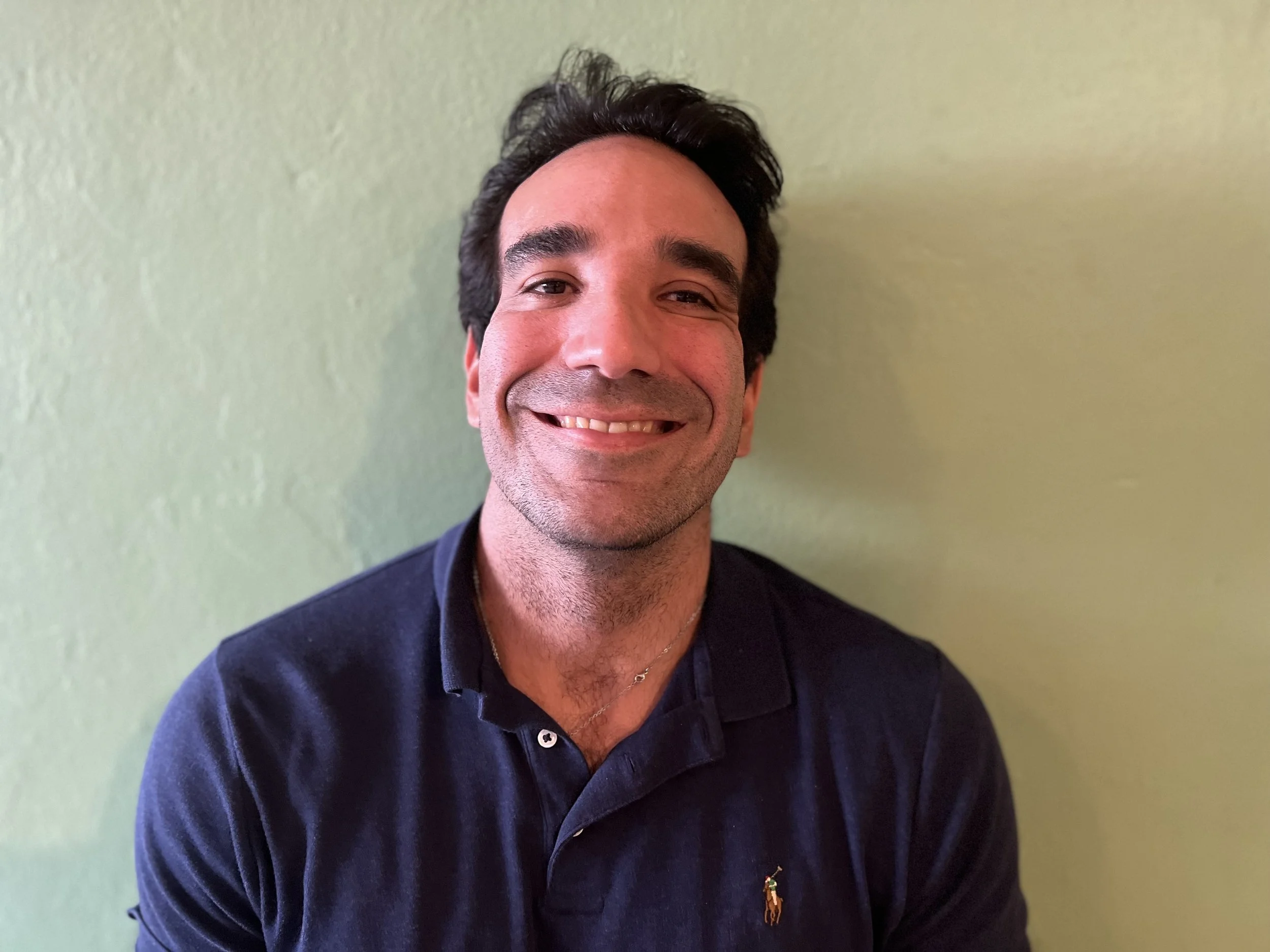3 Questions with Guillermo Rebollo-Gil
Guillermo Rebollo-Gil (San Juan, 1979) is a writer, sociologist, translator, and attorney. His publications include poetry in Fence, Poetry Northwest, Second Factory and Whale Road Review; literary criticism in Annulet and The Smart Set; scholarly articles in the Journal of Autoethnography and Liminalities. He serves as an editor at The Autoethnographer and associate CNF editor at JMWW. In 2023, his translation of Cindy Jiménez Vera’s poem “El fin de los tiempos” was selected for inclusion in the Best of the Net Anthology. In 2020, the Spanish publisher Ediciones Liliputienses published a selection of his poetry under the title Informe de Logros: poemas 2000-2019. He is the author of Writing Puerto Rico: Our Decolonial Moment (2018) and Whiteness in Puerto Rico: Translation at a Loss (2023).
Translations Editor Nicole Arocho Hernández chats with Guillermo about his work from Issue 72, out now!
Could you tell us more about how you started translating and what your translation process looks like?
Curiously, I started doing mistranslations of pop songs from English to Spanish. Mostly to see if a semi-interesting line came up that would serve as some sort of beginning for a poem. Translation thus was mostly an aid/game for my own writing. Some time later, my good friend and awesome Puerto Rican poet, Cindy Jiménez Vera, gave me the opportunity to translate her poems for a bilingual selection of her work entitled I’ll Trade You this Island/ Te Cambio esta Isla. Then I landed on Kate Briggs’s beautiful book This Little Art. Since then I’ve been working on the craft little by little, with much respect and admiration for the people who dedicate themselves to it.
How does engaging with Beatriz-Llenín Figueroa’s work intersect with your writing practice? What about with your scholarly practice?
Bea and I have been friends, colleagues, and collaborators for many years now. I have been teaching her essays and columns for close to a decade in my intro to social sciences courses. Her poetry though was a surprise. At some point during the pandemic I found in my inbox a draft of her first book of poems, Animales de la Ruina, which is due out later on this year. I recognized my friend’s voice in these lightning-quick and subtle, almost quiet texts. But I was very taken by their stillness. It is a sort of poetry that I am drawn to but have never been able to replicate. And so, while she was busy revising the original Spanish texts, I got to translating them. Bea is one of the most intriguing and engaging thinkers of the present moment in Puerto Rico. These poems fit within her more essayistic and theoretical work in that they are informed, I think, by a decolonial vision or urge. But they are also just pretty freakin’ beautiful poems.
Is there anything else about these poems and their translations that you'd like to share, about content or process, that we wouldn't know at first glance?
That it’s the really short pieces, I think, that make one’s shortcomings as a translator that much more glaring. So, I was terrified of submitting them. But I am so happy that I did!
